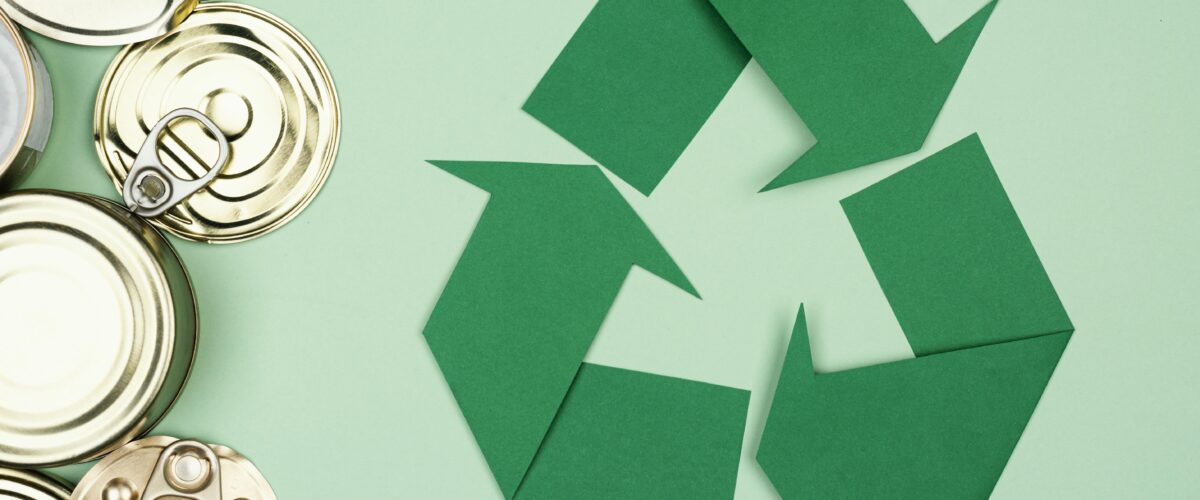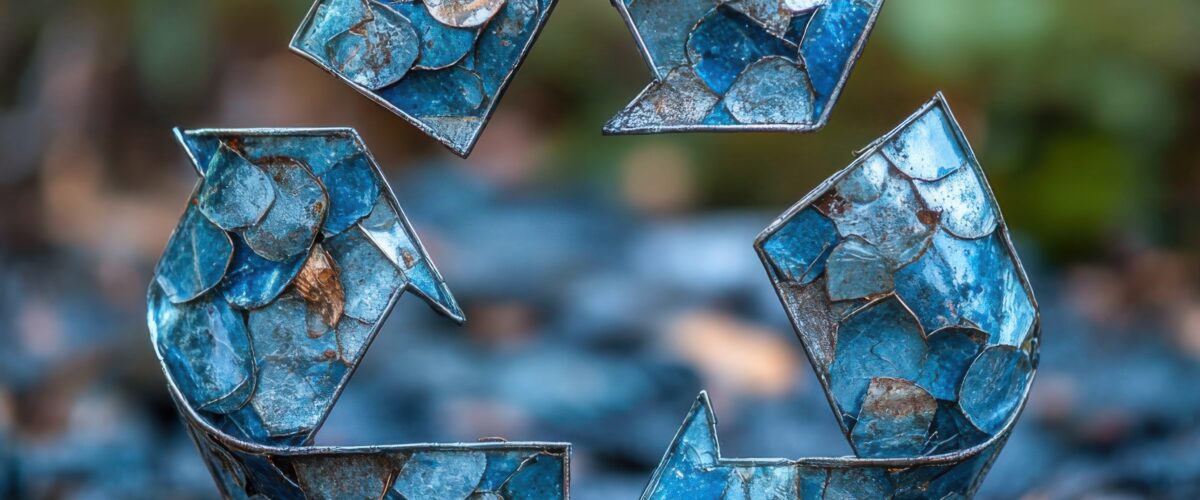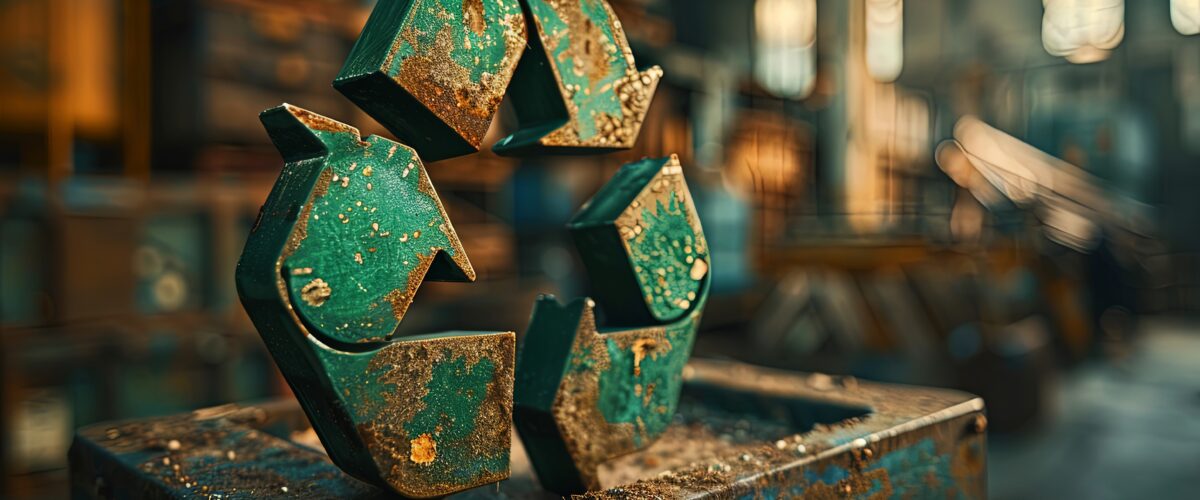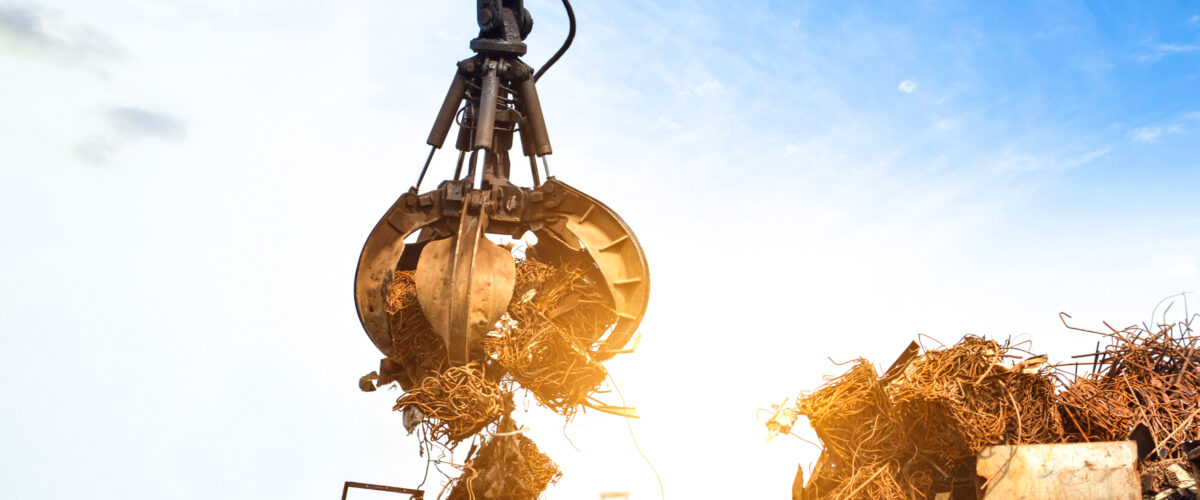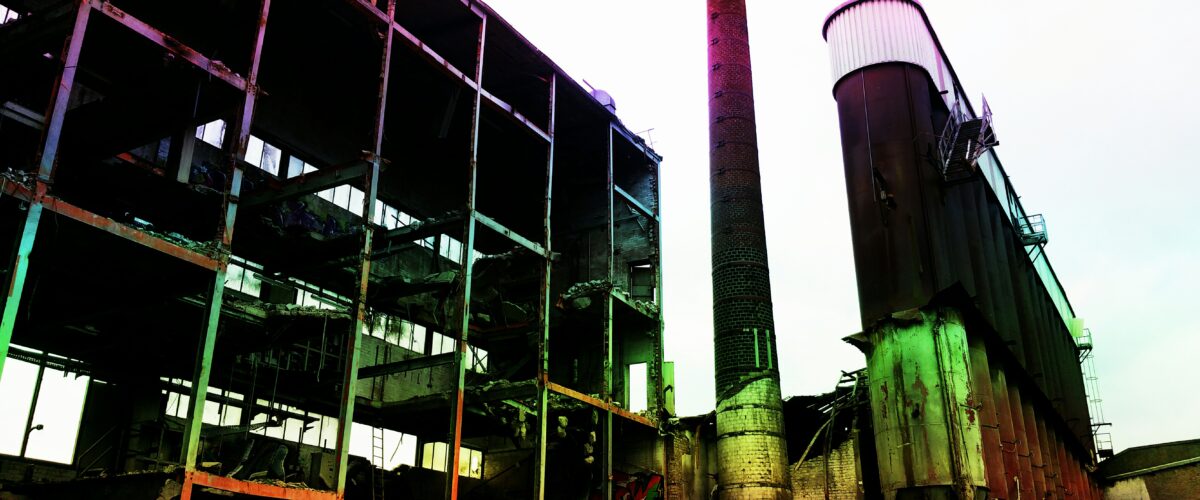Lawn equipment comes in various forms, each designed for specific tasks and environments.
Grass cutting equipment is used for regular lawn maintenance and large-area coverage. These machines ensure uniform cutting and time-efficient operations.
Trimming and edging equipment helps maintain clean boundaries around walkways, fences, and landscaped areas, enhancing visual precision.
Soil and turf care equipment supports aeration, leveling, and nutrient absorption, which are critical for long-term lawn health.
Debris management equipment assists in clearing leaves, branches, and organic waste, keeping outdoor areas clean and functional.
Each category contributes to a complete lawn maintenance system when used together effectively.
Technological Advancements in Lawn Equipment
The lawn equipment industry has evolved significantly with the integration of advanced technology. Modern machines are designed with:
- Energy-efficient engines that reduce fuel consumption and emissions
- Ergonomic designs for operator comfort and reduced fatigue
- Smart controls and automation for precision and ease of use
- Low-maintenance components that increase equipment lifespan
These innovations help organizations achieve consistent results while supporting sustainable landscaping practices.
Sustainability and Eco-Friendly Lawn Maintenance
Sustainability has become a key focus in outdoor maintenance. Lawn equipment today is increasingly designed to minimize environmental impact through reduced emissions, optimized fuel usage, and noise control.
Efficient lawn maintenance contributes to greener cities, healthier ecosystems, and responsible land management. By adopting modern equipment, organizations can align their operations with environmental goals while maintaining high performance standards.
Choosing the Right Lawn Equipment
Selecting the right lawn equipment depends on several factors, including area size, terrain type, frequency of use, and maintenance requirements. Durability, efficiency, and adaptability are essential considerations, especially for commercial and industrial use.
At Arizo Global, the emphasis is on delivering equipment solutions that balance performance with reliability, ensuring long-term value for clients across industries.
The Future of Lawn Equipment
As urban development and industrial landscaping continue to expand, the demand for advanced lawn equipment will grow. The future lies in smarter, more sustainable machinery that enhances productivity while reducing environmental impact.
Organizations that invest in modern lawn equipment today are better positioned to meet tomorrow’s maintenance challenges with confidence and efficiency.
Conclusion
Lawn equipment is a vital component of effective outdoor maintenance, supporting aesthetics, safety, and sustainability across residential, commercial, and industrial environments. With technological innovation and growing environmental awareness, modern lawn equipment offers powerful solutions for maintaining green spaces efficiently.
Arizo Global remains committed to supporting industries with reliable, forward-thinking equipment solutions that contribute to cleaner, greener, and more efficient outdoor spaces.


